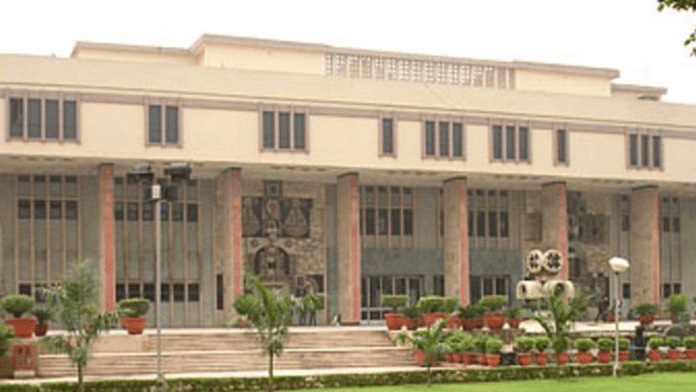New Delhi: In a significant ruling, the Delhi High Court has directed trial court judges across the capital to pronounce judgments or orders they had reserved prior to their transfer within two to three weeks of their new assignment.
The Court made it clear that successor judges are not permitted to rehear such matters.
Justice Swarana Kanta Sharma, in order to copy, stated that once a matter is reserved for judgment, the responsibility to pronounce it lies with the judge who heard it, even after their transfer. Any departure from this practice, the Court noted, leads to unnecessary delays, confusion, and erosion of judicial credibility.
“The successor Court must not list the matter for re-hearing… it should be sent to the District Judge for being placed before the Presiding Officer who had reserved the judgment,” the Court stated, mandating strict adherence to this protocol across all district courts in Delhi.
This direction was issued while dismissing a revision plea by B.D. Sharma, convicted under Section 138 of the Negotiable Instruments Act. Sharma claimed he had been denied a fair chance to present his case, but the Court noted he had been given 20 opportunities to argue–often deferred due to change of counsel and missing documents.
A procedural lapse was uncovered during the trial: after the original judge reserved judgment, her transfer prompted the successor judge to re-list the matter for fresh arguments, contrary to established judicial norms.
To prevent such errors, the Court laid down mandatory guidelines:
• Transferred judges must submit a list of all reserved but unpronounced judgments to the District Judge before leaving.
• These judgments must be delivered within 2-3 weeks post-transfer.
• District Judges must provide necessary administrative support for compliance.
• Cause lists of both outgoing and incoming courts must reflect the pronouncement date.
The judgment has been directed for circulation to all District & Sessions Judges and the
Delhi Judicial Academy to be included in judicial training programs.
Dismissing the request to remand the case, the Court remarked that the delayed appeal was a tactic to derail proceedings. “This is a classical case where delay was caused both by the accused and the oversight of the Presiding Officer,” Justice Swarna Kanta Sharma observed, noting the complainant–a senior citizen–was denied timely justice.
Disclaimer: This report is auto generated from the ANI news service. ThePrint holds no responsibility for its content.
Also Read: India’s climate demands were once moral claims. Now ICJ says they’re international law






